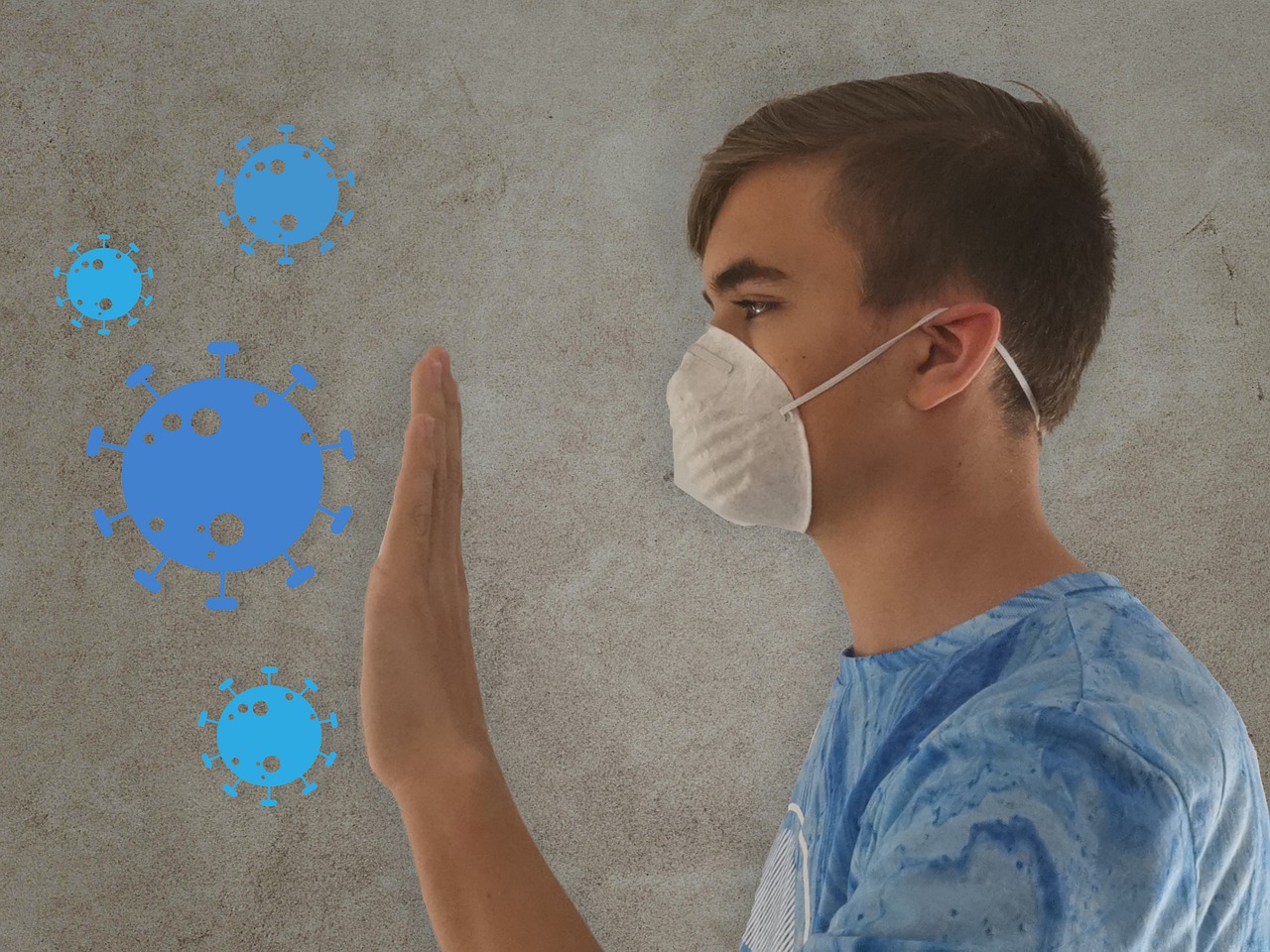10 Tips to Manage Re-Entry Anxiety Related to the COVID-19 Pandemic
 The level of uncertainty inherent in the COVID-19 pandemic has been anxiety-provoking for most people. Now, attempting to resume required activities, while the pandemic is still ongoing, is another transition that the brain needs to adapt to, in a short span of time. So, it’s not surprising that this new transition would be anxiety-provoking.
The level of uncertainty inherent in the COVID-19 pandemic has been anxiety-provoking for most people. Now, attempting to resume required activities, while the pandemic is still ongoing, is another transition that the brain needs to adapt to, in a short span of time. So, it’s not surprising that this new transition would be anxiety-provoking.
Here are some key things you can do to effectively cope with re-entry anxiety during these unusual times.
1. Practice Being in the Present Moment
Take a few minutes a day to pause and practice mindfulness. Mindfulness involves non-judgmental attention to and awareness of the present moment. One example of a simple mindfulness based practice is breathing exercises which can help one feel calm and grounded.
2. Recognize What You Can Control
Many people are experiencing a sense of lack of control during this pandemic. Doing simple, but, important things such as following COVID-19 guidelines (from authentic sources, such as CDC) can help you regain some sense of control in otherwise uncertain times. Recognizing and working on what you can control, can be a valuable step in overcoming anxiety.
3. Pay Attention to Your Unique Situation
Your re-entry anxiety may have additional, valid reasons- for instance, if you are 60 years of age or above, or suffering from underlying health conditions(s). Especially in this case, it’s important to consult your physician before making any re-entry decisions or plans.
4. Engage in Something Fulfilling
Engage in something you find fulfilling, even if it is only for a few minutes a day. Playing a game with your child, listening to your favorite music or playing a musical instrument, exercising, painting/drawing, or helping an elderly neighbor (while maintaining physical distancing) are some examples of activities that can be fulfilling, depending on your individual interests.
5. Take a Gradual Approach
If required to resume certain activities, doing it gradually, one step at a time (while following guidelines), rather than rushing into things full force, is likely to work better. Gradual, as opposed to sudden resumption of an activity, is the preferred approach for anxiety.
6. Journal
Journaling can have positive health benefits. Even a few minutes a day (eg. 10-15 minutes a day) of journaling may be beneficial. Journaling can help you gain perspective, clarity and understand your thoughts and emotions better.
7. Schedule a Time to Worry
Scheduling a time during the day for worrying can be a useful strategy to manage anxiety. Select a time which you schedule as a ‘worry period’ for 20-30 minutes every day. When worry related thoughts arise during other parts of the day, postpone those to the worry period.
8. Practice Gratitude
Gratitude based interventions can be helpful for anxiety (3). Particularly in a pandemic, when plans seem to be going awry, writing down about things one is grateful for, is a valuable exercise that can offer a bigger picture perspective.
9. Avoid Alcohol
Many people find themselves leaning on alcohol to cope with anxiety. It can start with a seemingly benign drink, and burgeon into something problematic. Get professional help if you find yourself in this scenario.
10. Stay Connected
The pandemic has caused many to feel isolated. We know that social connectedness is a positive, protective factor for mental health. The good news is that technology makes it possible to stay connected with friends and family members, while exercising physical distancing, so, stay connected.
When is Re-Entry Anxiety a Problem?
When re-entry anxiety becomes excessive or starts interfering significantly with your functioning in one or more areas of life, it’s time to seek professional help. The good news is that there are effective, evidence based treatments for anxiety disorders.
Excerpted from “10 Tips to Manage Re-Entry Anxiety Related to the COVID-19 Pandemic” from the Anxiety and Depression Association of America (ADAA). Read the entire post online on the ADAA website.
Source: ADAA | 10 Tips to Manage Re-Entry Anxiety Related to the COVID-19 Pandemic, https://adaa.org/learn-from-us/from-the-experts/blog-posts/consumer/10-tips-manage-re-entry-anxiety-related-covid-19 | © 2021 ADAA
A screening can help you determine if you or someone you care about should contact a mental health professional. Care Managers can arrange a free 30-minute Care Consultation so you can explore options with an expert. Call or email our Care Managers at 650.688.3625 or careteam@chconline.org to set up an initial Consultation appointment.





